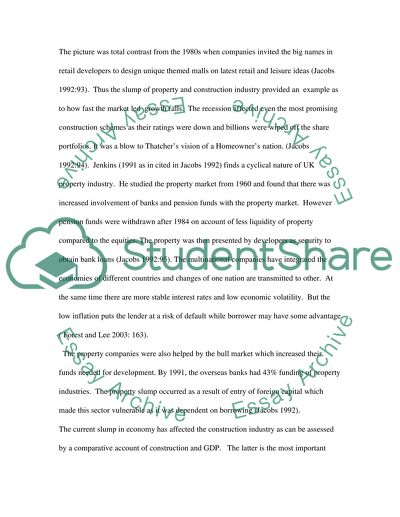Cite this document
(How a Decline in Economic Growth Affects Property Markets Research Paper, n.d.)
How a Decline in Economic Growth Affects Property Markets Research Paper. Retrieved from https://studentshare.org/macro-microeconomics/1527912-properrty-market
How a Decline in Economic Growth Affects Property Markets Research Paper. Retrieved from https://studentshare.org/macro-microeconomics/1527912-properrty-market
(How a Decline in Economic Growth Affects Property Markets Research Paper)
How a Decline in Economic Growth Affects Property Markets Research Paper. https://studentshare.org/macro-microeconomics/1527912-properrty-market.
How a Decline in Economic Growth Affects Property Markets Research Paper. https://studentshare.org/macro-microeconomics/1527912-properrty-market.
“How a Decline in Economic Growth Affects Property Markets Research Paper”, n.d. https://studentshare.org/macro-microeconomics/1527912-properrty-market.


